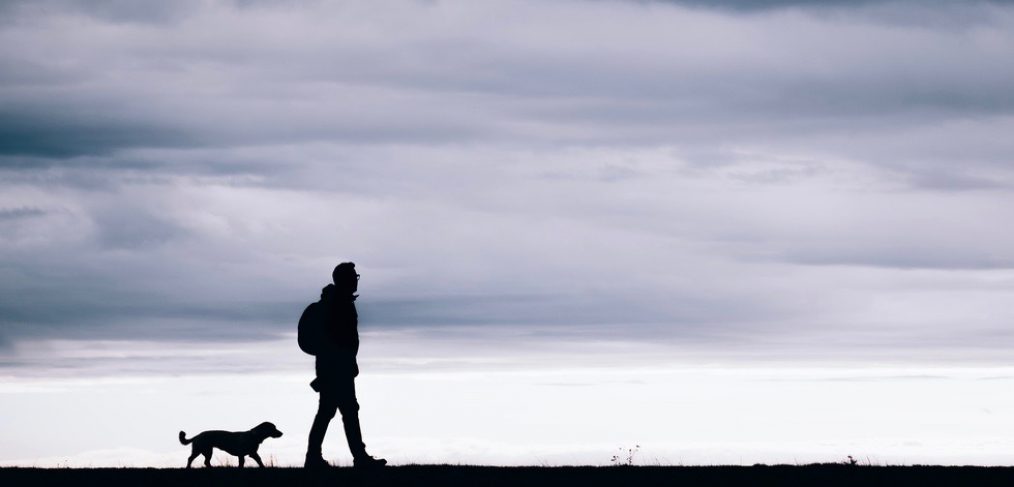I’ve always loved the symbolism of wings. To me, there are many attributes of spreading wings that have analogies in our lives. Starting with making the transition from dependent children to independent people. As children grow up, they spread their wings a little more each time they have a new experience. Unlike birds, however, we humans don’t leave the nest in one dramatic leap of faith, but in many little ones throughout our lives.
Still, wings and flight have always held a special place for many people. Our desire to fly, literally and figuratively, is ingrained in the human experience and highlights our adventurous spirit. Our adventures can be literal forays into the unexplored, or they can be adventures within ourselves as we spread our wings internally and take flight to explore our personal landscapes. But we all need to understand how and when to spread our wings and fly toward the lives we are meant to live.





